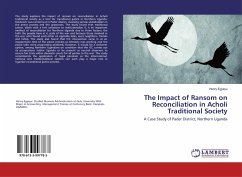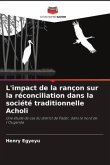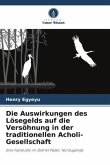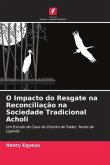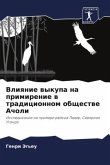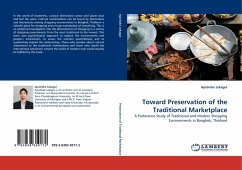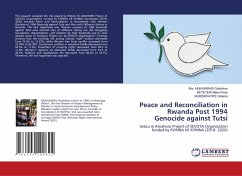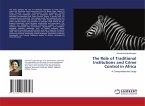The study explores the impact of ransom on reconciliation in Acholi traditional society as a tool for transitional justice in Northern Uganda. Fieldwork was carried out in Pader district, involving various stakeholders in the peace process and the grassroots. The study found that traditional justice, albeit with a few variations to institutionalize it, is an important method of reconciliation for Northern Uganda due to three factors; the faith the people have in it, scale of the war and because those involved in the war, who found each other on opposite sides, were neighbors, friends and family. The study also found that ICC intervention came in at an inopportune time of the peace process as Amnesty was working and the peace talks were progressing positively. However, it would be a welcome option, among Northern Ugandans on condition that the ICC carries out its prosecutions within Uganda or be present as neutral observers to ensure fair trials within domestic courts for all parties to the war. The study recommends the application of legal pluralism as the international, national and traditional/local systems can each play a major role in Uganda's transitional justice process.
Bitte wählen Sie Ihr Anliegen aus.
Rechnungen
Retourenschein anfordern
Bestellstatus
Storno

